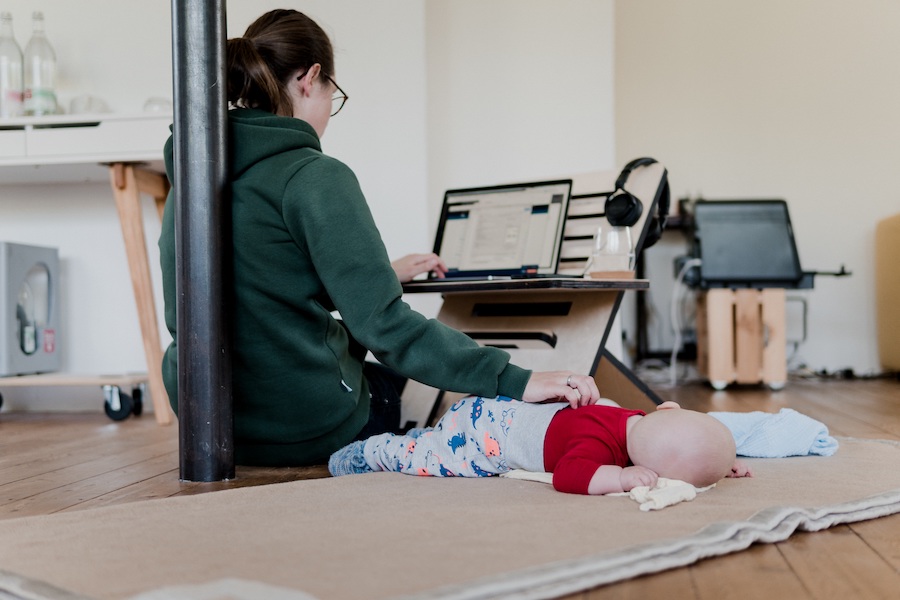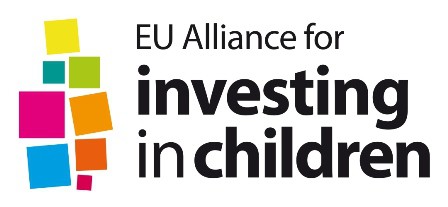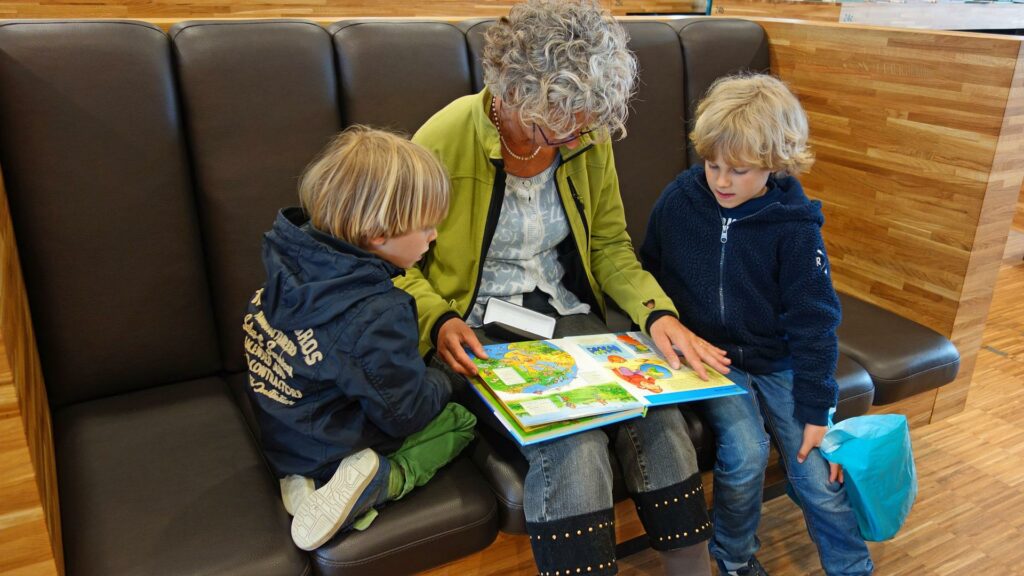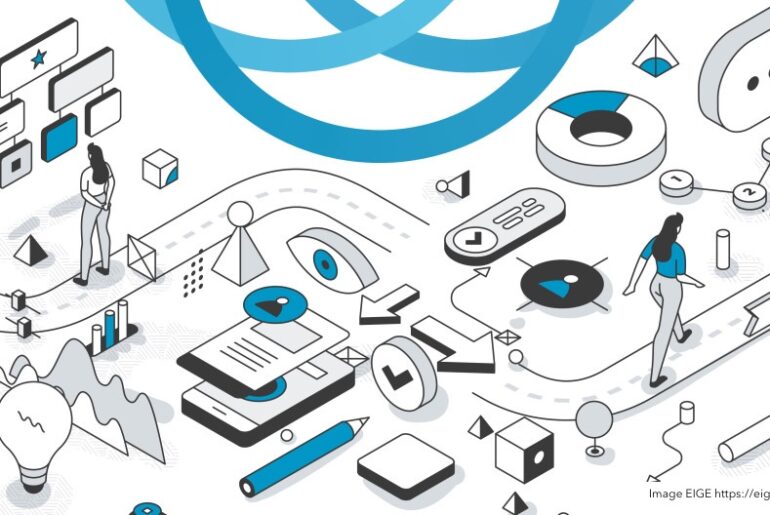An integrated approach to childcare services from a children’s rights perspective
10.05.22
The European Commission (EC) has announced its new plan to develop a European Care Strategy expected to strengthen long-term care and early childhood education and care, as envisaged under the European pillar of social rights.

The strategy will further help reinforce gender equality and social fairness. The initiative will propose two Council recommendations, on childcare (revision of the Barcelona targets) and on long-term care. The goal of the revision of the Barcelona Targets is to increase women’s participation in the labour market, which will contribute to reaching the  EU’s employment deadline target. At Make Mothers Matter, we believe achieving the Barcelona targets is fundamental to allow women to better conciliate work and family life and to reduce the gender gaps in employment, income, and pension.
EU’s employment deadline target. At Make Mothers Matter, we believe achieving the Barcelona targets is fundamental to allow women to better conciliate work and family life and to reduce the gender gaps in employment, income, and pension.
To aid the development of the Strategy, MMM contributed to the EC Call for evidence and a joint answer together with its partners of the Alliance for Investing in Children.

MMM has built upon the UN Charter on the Rights of the Child (UNCRC) to formulate recommendations that are centred on children’s rights. Since children’s rights and parents’ rights are interconnected, these recommendations serve to bring about equality for mothers by reinforcing the rights of children and families.
To act in the best interests of the child, accessible, affordable, quality, non-segregated and inclusive early childhood education and care (ECEC) needs to be provided. We recommend, “family centred” solutions (such as Leihomas or “borrow a grandmother” and child minders), as they allow parents to choose from a variety of options based on their needs.

Such solutions also help to redistribute unpaid family care work between men and women and between families and society. MMM puts forward the Finnish ECEC model as policy inspiration for states, as this  system gives parents a choice between outsourced or in-family care without fear of economic or professional consequences.
system gives parents a choice between outsourced or in-family care without fear of economic or professional consequences.
MMM also calls upon the private sector to uphold their social responsibility to support parents. Companies should recognize the skills acquired by parents while providing informal care. Furthermore, policies that encourage and enable fathers to take parental leave, implementing work-life balance policies and flexible working options for parents and the recognistion of skills acquired by parents while doing care activities can help make companies more parent and child friendly.
These recommendations for the Barcelona targets would make the work place a more flexible and empowering place for parents. They would also help to make childcare more accessible to families from all backgrounds.
See MMM’s full response and joint answer of the Alliance for investing in Children
Envisioning care as a common thread to global crises
29.07.24
UN New York - Our virtual HLPF side-event brought together experts to shed light on how the various global crises we face (in particular climate change and other environmental crises,
We call for multi-stakeholder approach to recognise and support unpaid care work
21.07.24
UN New York - Participating in the meeting of the UN Economic and Social Council (ECOSOC) on care and support systems, MMM reaffirmed the principle of co-responsibility, which should underpin
The New EU Gender Equality Roadmap : A Call for Inclusion of Mothers
04.03.25
The European Commission’s initiative on a new Gender Equality Roadmap post-2025, marks a significant step forward in addressing gender disparities across the European Union. Make Mothers Matter (MMM








